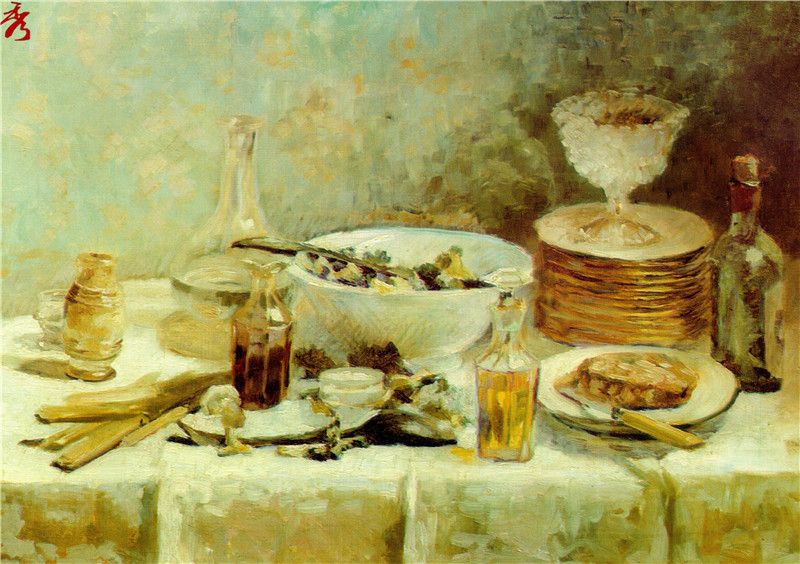


Morning breeze, sunshine piercing the foliage and drooping sweat running down the cheeks of three dozen knife-eared men emerging from a cabin. They each had a collar wound around their necks, the purple hue glinting off the steel rather contradictory to the metal links that clung downwards and traced towards the burgundy-coated slave drivers.
The slaves weren't gaunt, nor were they underfed. In fact, they seemed to be more stocky, more muscular than their brethren in Rie and definitely well fed. They each grabbed a sickle to saunter towards the endless rows of dúllci canes. To the d'Ithanie orders shouted, they all started wrestling the leaves away from the canes with their tools, leaving a pure stoa in place of the previous wilderness on the plantation.
Three hours passed until the nelfin laid waste to the whole arable. The canes lay gathered up in bundles. Four of the elves packed the bundles up on a cart while the rest picked hoes and began breaking up the soil and preparing for the next rows to be planted.
One of the slaves fell over, clutching towards his leg. A pair of the drivers ran to him, lifted him on a stretcher an carried him away. It all seemed somewhat otherworldly, but the slave was given proper care not because of some Jacobite agenda or love, though simply out of a common interest in his well-being between subordinator and subordinated.
The cart rolled down the line of trees that bordered the plantation and followed a metalled highway through the Loiree countryside, towards a township above which chimneys arced coughing up plumes of black smoke ever so often.



A colourful and elaborate copy of the d'Ortonnaise crest welcomed the cart as it entered the factory's courtyard, soon surrounded by workers to unload the sugar canes and pile them in the drying wing that looked eerily similar to those found in the former territories of the Elven Empire.
Next to the storage facility, other workers threw already-dried canes into the feed of a huge mill driven by the nearby creek. The bottom of the feed had an elaborate stream of brown powder pouring out, though also accompanied by an eerie black liquid that was forced into different tracks when the factory workers combed through the results in the next station.
The black treacle was drained into containers and carried off to the brewery, where the many ant-like workers distilled the liquid into the sailor-favourite Courteaux white rum, or the more elaborately fermented and spiced Baiser d'Or. Some barrels of the molasses escaped the factory, though, and found their ways into less-reputable manufactures within Loiree (though still owned by the same family) to distil the Sirop Sucré, a cheap and more widely available alternative to sugar.
The powder carried on to the very depths of the d'Ortonnaise sugar factory. Deep within, members of the Iron Fist distilled the crude sugar through an elaborate mix of heating, cleansing with vocadine and supposedly even using pureza's powder to transform the dirty crumpets of dúllci cane into refined, clean and sweet sugar.
A set of pipes roared up, much like a child bumping their fist on the right-side of an organ board. The workers abandoned their posts, wiping down their foreheads and walking off nonchalant, engaging in gentle chatter. And with a stream of humans departing the entrance of the factory, a pair of carts rolled out as well, carrying barrels of drinks and the precarious white powder sorted tidy into one-pound burlap sacks. A good couple hundred of them.
And these unlikely siblings, the little sacks, proceeded to travel all over the Empire and its allies during the weeks to come. They found themselves ripped open and their contents poured into mixing bowls within the Haute Puisse confectionary stores, their innards were boiled into a syrup and mingled with opiates in the dens of Daendroquean crime lords, the sugar found itself added to the different teas of Chien migrants in Rivellia.
But most importantly, every single day a sack was reserved and had the crest imprinted on its side meet an actual metal version of its own as it was brought into whichever d'Ortonnaise estate housed the current matriarch, hidden in a reserved corner and its contents only ever used to sweeten one eccentric noblewoman's mayonnaise.





